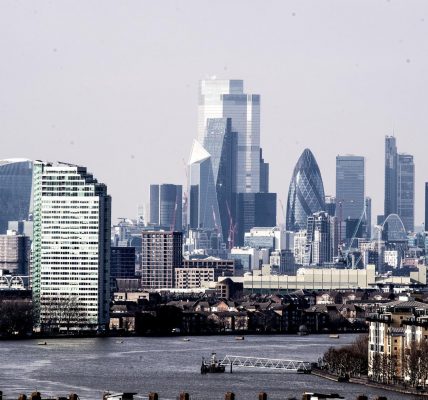A global effort the way ahead – Beckie Hart
As I write this piece, the leaders of the G7 are gathering in Cornwall with a packed agenda. Talks on international tax and trade, technological advances and the climate crisis will all feature prominently, yet undoubtedly Covid will still dominate many conversations.
We’ve already seen a consensus on international tax which is no mean feat and will light the touchpaper for the wider multilateral process at the OECD
While progress on the UK’s successful vaccine rollout has been enormously encouraging, the rise of the new Delta variant has delivered a stark reminder that we are not out of the woods yet. Cases are rising once again in many parts of the country, including our own, and are giving rise to renewed uncertainty over the final stages of the Government’s planned roadmap later this month.
Fresh changes to international travel rules highlight how quickly the picture can shift, while reminding us that the UK is not alone in battling to stem further Covid increases.
And nor can the UK act alone. International cooperation is vital if we are to quell the pandemic, stifle the growth of further variants, and protect lives and livelihoods around the globe. That will require G7 leaders to agree a framework for a worldwide programme of vaccine production and rollout.
This will be essential to help avoid counter-productive export bans and uncoordinated national initiatives with adverse effects on international vaccine supply chains. Only a globally-delivered vaccine rollout can halt the spread of troubling new variants and set life back on a more even keel.
Business will be keen to see such a spirit of international cooperation extend to other matters too. A full resumption of international travel – so critical to businesses across US and the Humber, both within and beyond the aviation sector – is desperately needed.
It is right that safety guides any decisions on travel permissions, but the G7 gives governments the ideal opportunity to shape clear, consistent and harmonised standards for cross-border travel in the age of Covid.
Trade will be another important discussion point too – especially for the UK in the wake of Brexit. The B7 – business groups within the G7 – has urged governments to roll back protectionist measures adopted during the pandemic.
On climate especially, there is much to be done, and no time to waste. The world will be looking to the G7 to signpost the way forward in the run-up to COP26. The UK, as host of both events in 2021, is uniquely placed to play a leading role.
Progress on decarbonising power generation must be a priority and setting a public target of 2040 to phase out unabated coal would be an important statement of policy intent.
Business has other ideas too, and the B7 has already recommended the G7 create policies to support the development of markets which value biodiversity and natural environments, and nature-positive business activity. We have also called for increased international alignment of sustainable finance initiatives to enable growth.
Meeting – and overcoming – these challenges will not be easy. Siloed thinking, or unilateral action from individual nations or industries, simply will not be enough. It will take true partnership from governments and business to deliver the results we need.
Now is the time to do it. There has never been a more important – or more opportune – moment for the international community to come together. The world will this week look to the G7 to lead the way as we look to rebuild from the ravages of Covid and embark upon a sustainable and equitable economic future.










